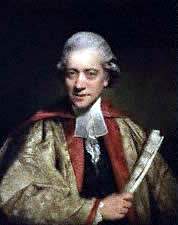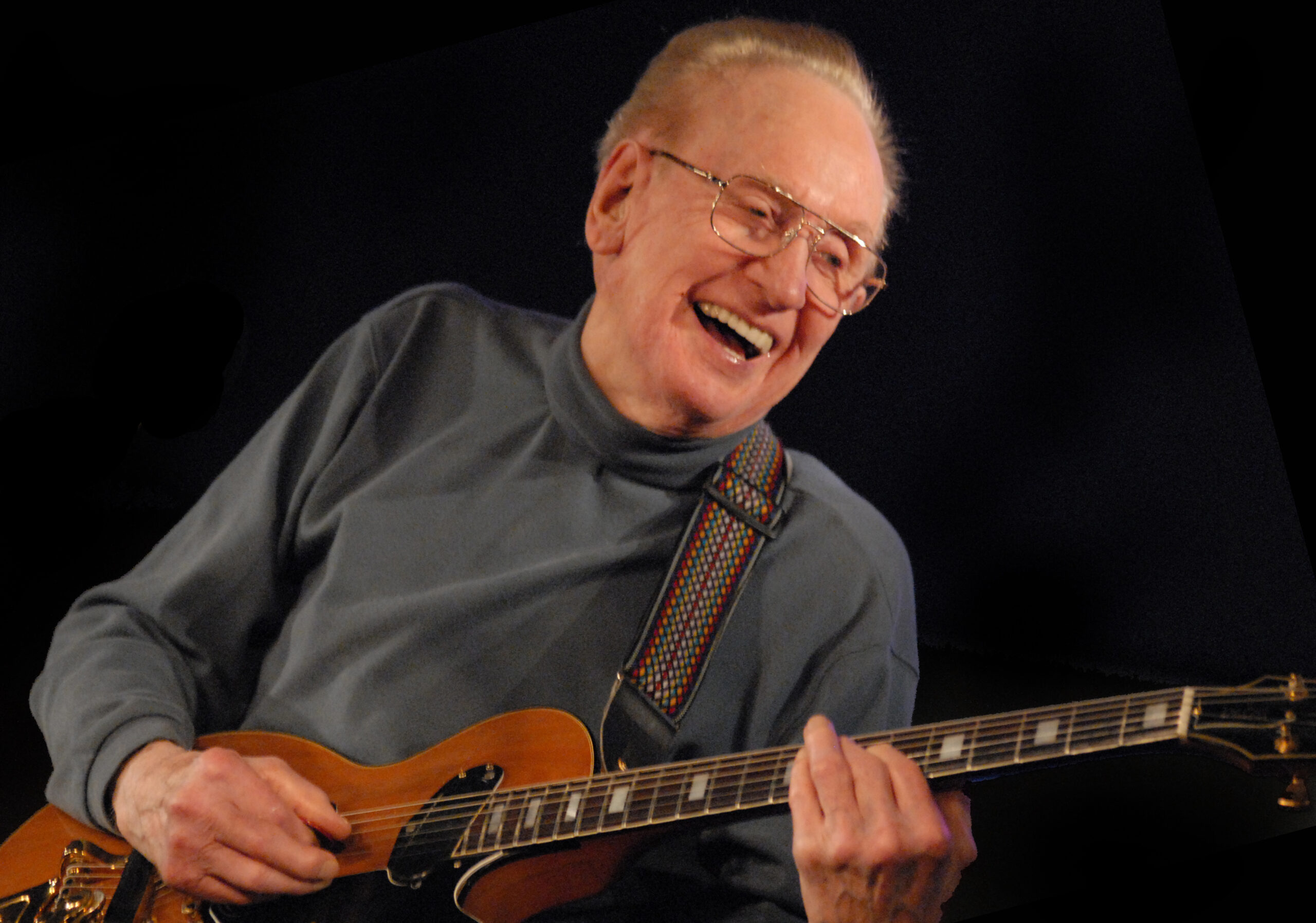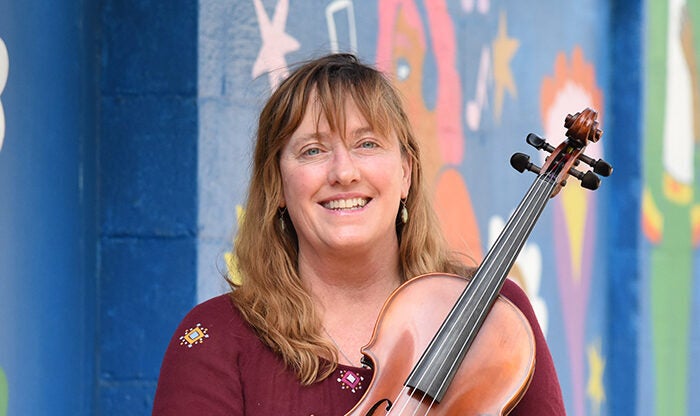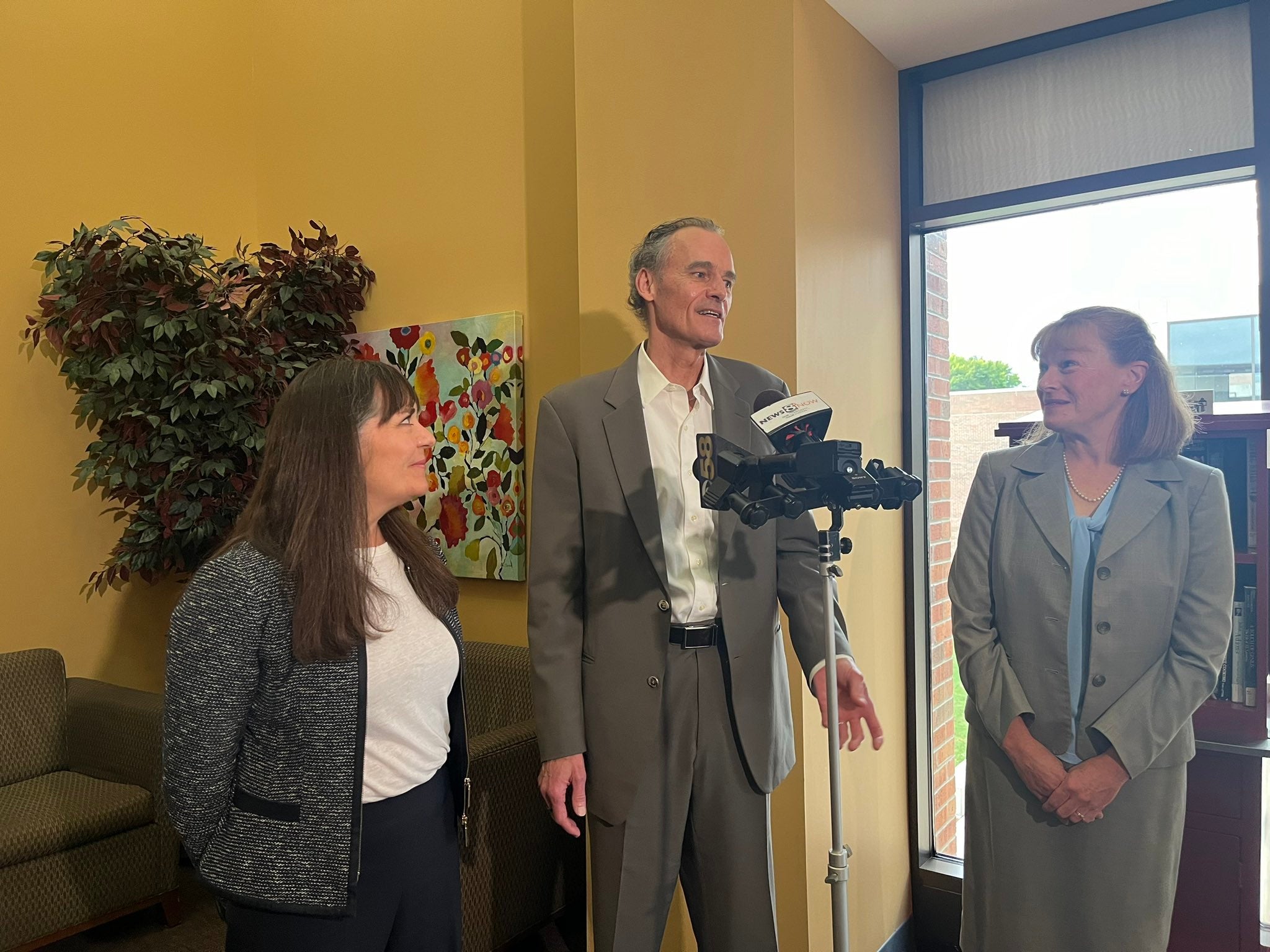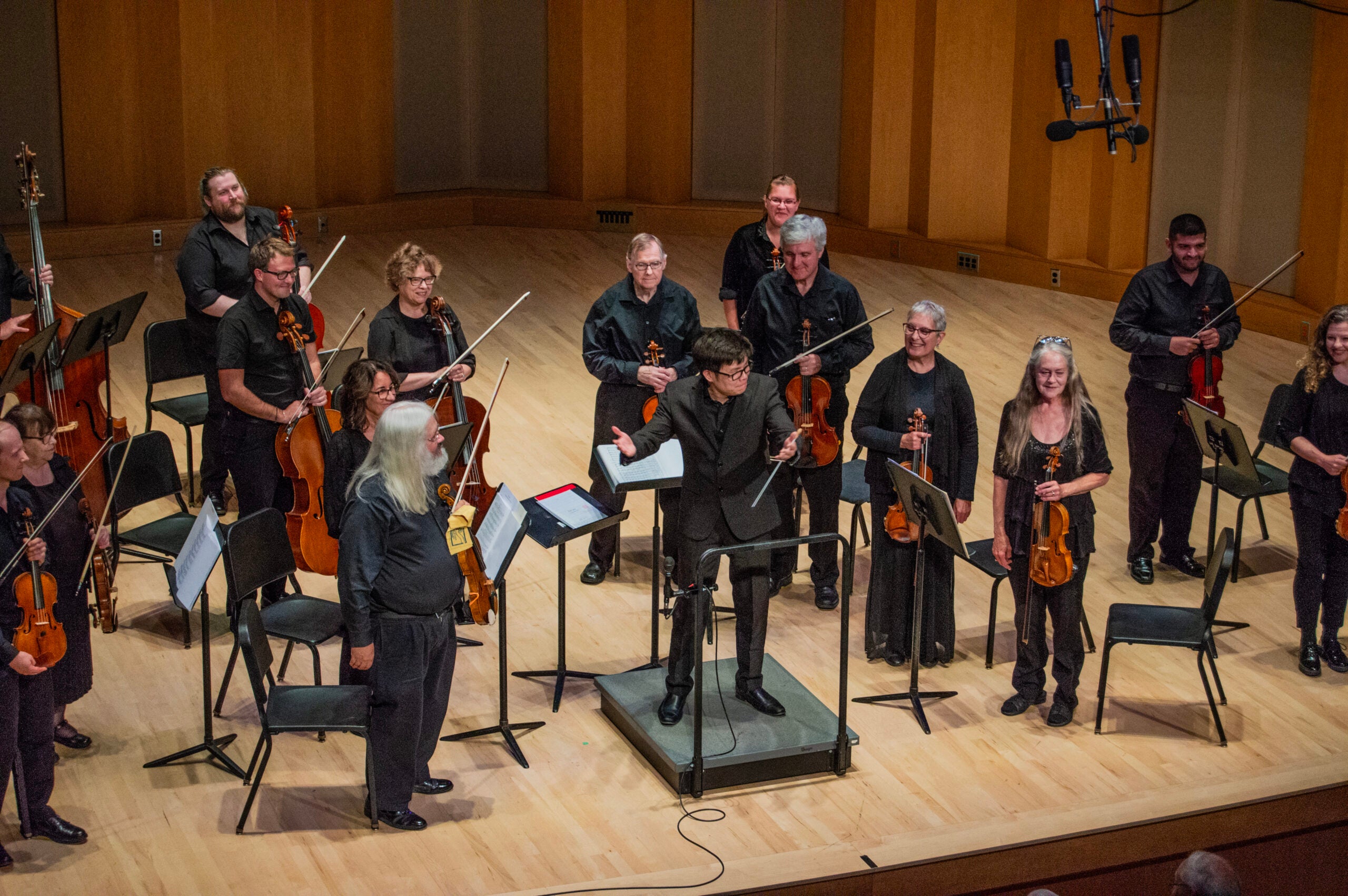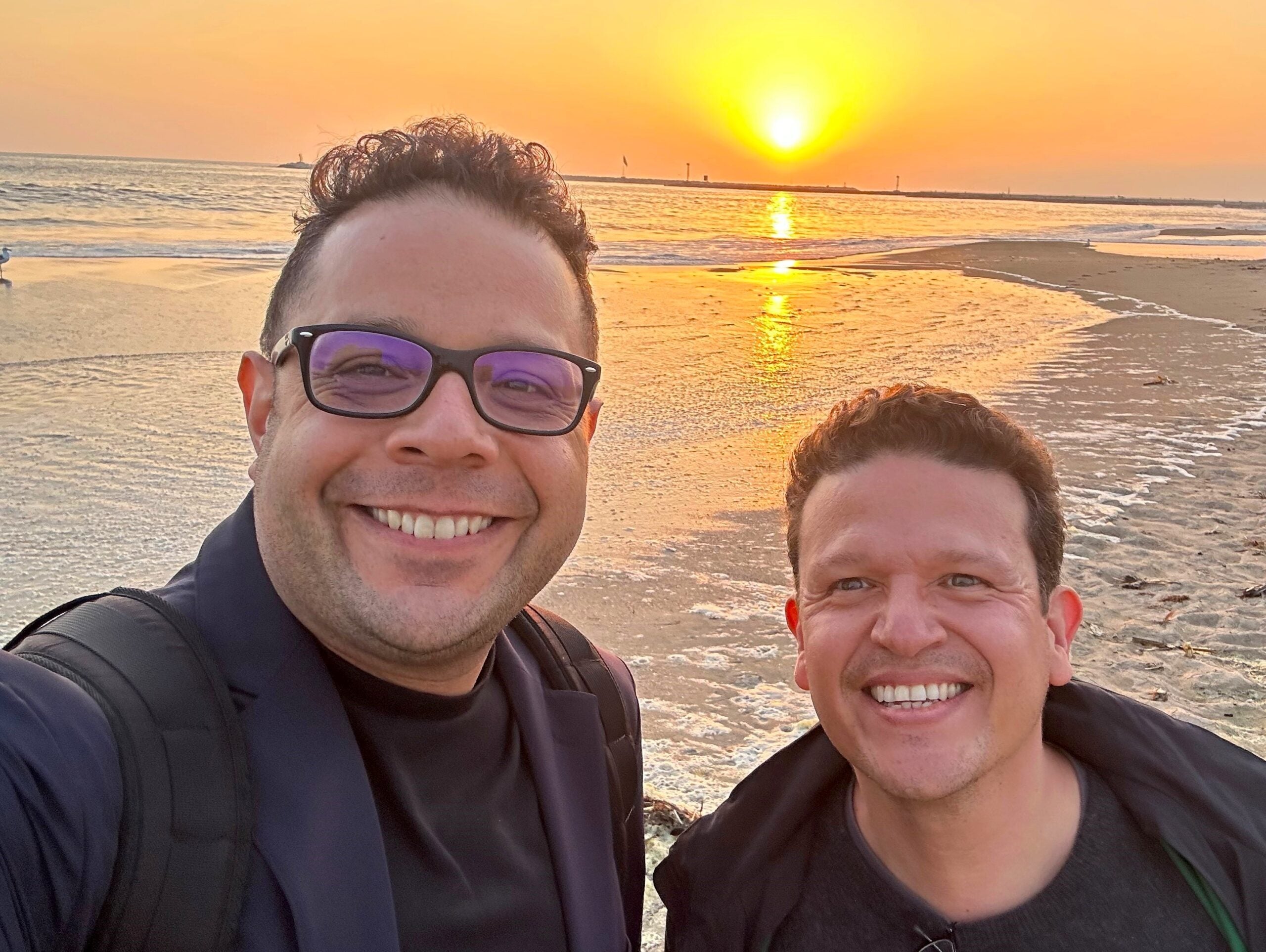Because young Charles Burney admired the music of Thomas Arne, he was excited to meet him when Arne returned to London in August 1744 after two years in Dublin. He was all the more delighted when Arne offered to accept him as a student, tuition free.
A legal contract bound the eighteen-year-old Burney to Arne for seven years.
In exchange for room and board and learning his trade, Burney was expected to transcribe the music that Arne wrote for the Drury Lane theater, to teach it to the minor performers, to give lessons to Arne’s students, and to play in various orchestras. During Lent of 1745, Arne also farmed Burney out to perform in oratorios for Handel.
Stay informed on the latest news
Sign up for WPR’s email newsletter.
Whatever money Burney and his fellow students made went to Arne, but in the excitement of getting to know some of England’s great composers, performers, and actors, Burney didn’t mind.
But as he became more and more driven to develop his abilities as a composer and to make a name for himself, Burney found that his initial “inexpressible delight” began to wear thin. He wrote later that Arne’s pettiness made life all the more frustrating. He recalled:
He was so selfish and unprincipled, that finding me qualified to transcribe music, teach, and play in public, all which I could do before I was connected with him, he never wished I should advance further in the art. And besides not teaching or allowing me time to study and practice, he locked up all the books in his possession, by the perusal of which I could improve myself.
Burney also discovered that Arne was so consumed by lust that he couldn’t pass a woman on the street without trying to seduce her.
In 1746, with five years of subservience still ahead of him, Burney met the high-living Fulke Greville, who bought his apprenticeship from Arne.
Free from the grip of an oppressive master, Charles Burney developed into one of the great music historians of all time.
Wisconsin Public Radio, © Copyright 2024, Board of Regents of the University of Wisconsin System and Wisconsin Educational Communications Board.

